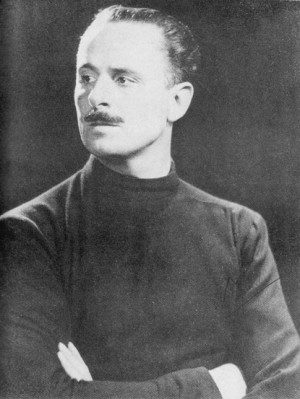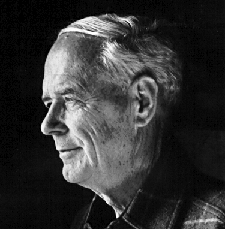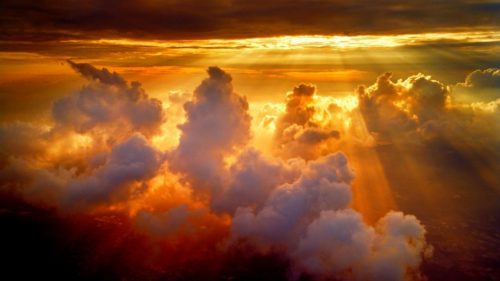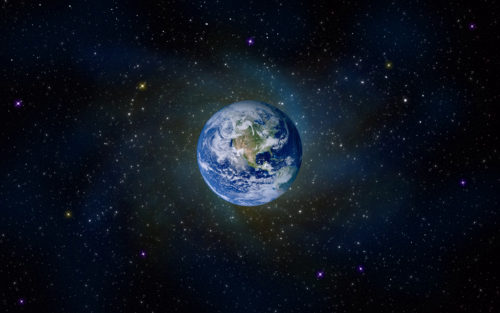 by Sir Oswald Mosley (pictured)
by Sir Oswald Mosley (pictured)
EDITOR’S NOTE: This piece is the first in a series of articles which will illustrate some of the earlier intimations, in the works of other writers and thinkers, of the central ideas of Dr. William Pierce’s philosophy, Cosmotheism. Even the reader who is not a devotee of Wagner, or familiar with Bernard Shaw’s interpretation of his Ring cycle, should bear with Mosley’s essay: it will prove illuminating and inspiring. — Kevin Alfred Strom.
* * *
THE MAN OF ACTION in the realm of art is a helpless being. If he has even the beginning of the sensitivity which is as essential to great action as it is to great art, he is irresistibly drawn to the luminous world, but within it he is an ingenuous, defenceless and, indeed, pathetic intruder. Yet his position has at least the compensation that he is not expected to talk sense, and certainly not to defend his strange and uninformed opinions intelligibly and effectively. He has the chartered license of the innocent as surely as the artist has in politics.
Continue reading Intimations of Cosmotheism: Wagner and Shaw — A Synthesis




